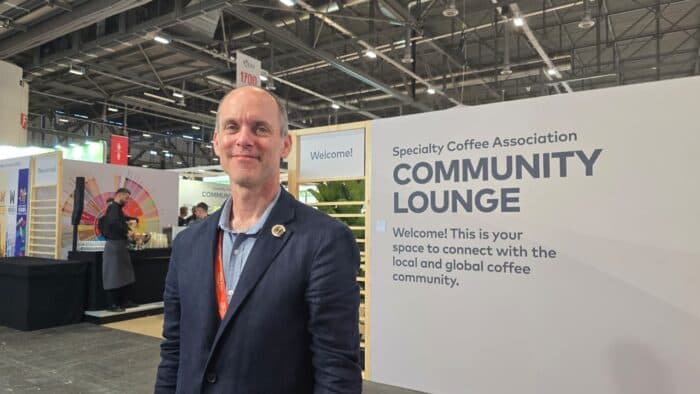The global coffee industry continues to flourish, and baristas remain at the heart of this dynamic sector. As 2024 draws to a close, new data reveals fascinating insights into the earnings of baristas worldwide, showcasing regional disparities and industry trends that reflect the diverse nature of coffee culture across the globe.
Average Barista Salaries Across Regions
Baristas’ salaries vary widely depending on geographic location, cost of living, and the maturity of the specialty coffee market in each country. Here is an overview of average earnings in key regions:
- North America: In the United States, baristas earn an average of $28,000 to $35,000 annually depending on experience, with cities like Seattle and San Francisco offering higher wages due to the prominence of specialty coffee. In Canada, the annual average ranges from CAD 25,000 to CAD 35,000.
- Europe: Countries with a well-established café culture, such as Sweden and the UK, report average earnings of €20,000 to €30,000 annually, with tips providing an additional income boost. In countries like Italy, where coffee culture leans heavily toward traditional espresso bars, wages are often lower, averaging €12,000 to €18,000.
- Asia: Salaries in rapidly growing specialty coffee markets like South Korea and Japan are competitive, with baristas earning between ₩20 million and ₩30 million (South Korea) and ¥2.5 million and ¥4 million (Japan) annually. Emerging markets such as India and Vietnam show lower averages, ranging from $6,000 to $12,000 per year.
- Australia and New Zealand: Baristas in Australia earn AUD 58,556 annually, one of the highest global averages, reflecting a strong café culture and competitive job market. New Zealand salaries range from NZD 40,000 to NZD 50,000.
- Africa: In countries like Ethiopia and Kenya, where coffee production dominates, barista salaries are typically lower, averaging $4,000 to $8,000 annually, with most baristas employed in urban areas or international hotel chains.
- South America: In coffee-producing nations like Brazil and Colombia, baristas earn between $5,000 and $10,000 annually, reflecting lower labor costs and the focus on coffee production over café culture.
Gender Pay Disparities in the Industry
Across the globe, gender pay gaps persist in the hospitality sector. In many countries, female baristas earn slightly less than their male counterparts due to systemic issues such as unequal access to senior positions or full-time roles. For example:
- In the UK, female baristas earn on average £1,500 less per year than men.
- In the U.S., women in the hospitality industry make 82 cents for every dollar earned by men.
Challenges Impacting Baristas’ Incomes
Despite the global popularity of coffee, baristas face several challenges:
- Tipping culture: In regions like North America, tipping significantly supplements baristas’ incomes. However, economic pressures and changes in consumer behavior have led to declines in tipping, as observed in the U.S. and Canada in 2024.
- Staffing shortages: The hospitality industry worldwide has struggled with staffing issues post-pandemic, driving wages up in some markets but also leading to burnout among workers.
- Cost of living: In regions with high costs of living, such as major European cities or Japan, baristas often struggle to meet expenses despite earning higher wages than their counterparts in less expensive regions.
The Rise of Certifications and Specialty Coffee Roles
The growth of the specialty coffee industry has created opportunities for baristas to enhance their skills and earn higher wages. Certifications like the Specialty Coffee Association’s (SCA) Barista Skills modules and Q-Grader credentials are increasingly recognized as pathways to better pay and career advancement. In markets like Dubai, Singapore, and Melbourne, skilled baristas can earn premium salaries, often exceeding $50,000 annually.
The Missing Data: Independent Café Owners
While baristas’ earnings are well-documented in many regions, the incomes of independent café owners remain elusive. These vary significantly based on business location, operational costs, and local coffee culture. Owners in high-demand cities such as New York, London, and Sydney often report higher earnings but also face steep overhead costs.
A Global Perspective on Barista Earnings
As the coffee industry continues to evolve, the role of the barista becomes more prominent worldwide. However, wages remain influenced by regional economic factors, gender dynamics, and the structure of local hospitality markets. With certifications, skill development, and industry advocacy, there is potential for baristas to achieve more equitable and competitive earnings in the coming years.
From bustling metropolitan cafés to cozy rural coffeehouses, the global barista workforce embodies the passion and diversity of coffee culture, making them essential contributors to the world’s most beloved beverage industry.


